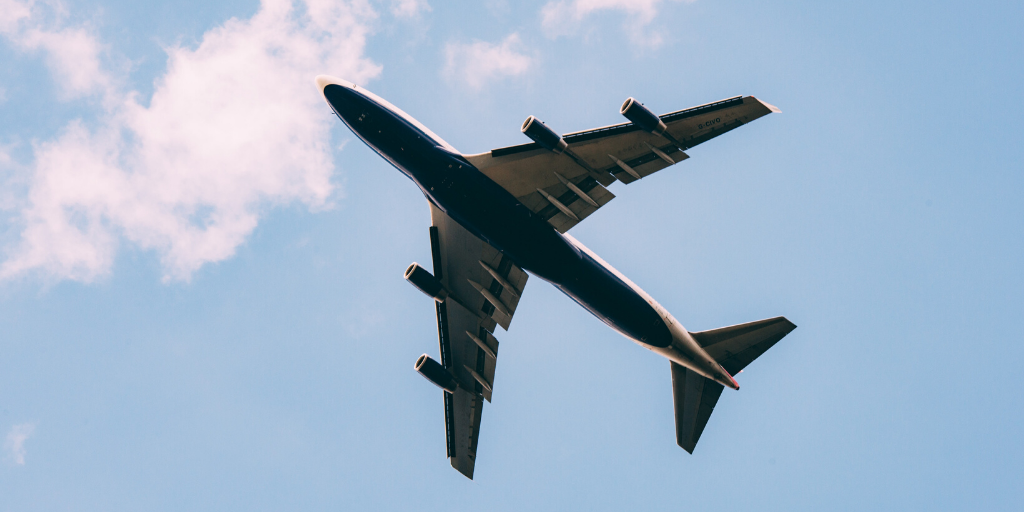
Aviation’s ETS objections are baseless
OpinionBy Jos Dings - T&E Director In recent weeks a number of foreign airlines have been heard complaining about their inclusion from next year in Europe’s emissions trading system (EU-ETS). It was no coincidence that the collective moan emanated from the industry’s annual gathering in Singapore. Nothing rallies the airline troops like a rant against environmental policy, and the journalists who had shown up in Singapore had to write about something. But this time, even Willie Walsh, boss of British Airways, found himself speaking out against a law he himself favoured when it was in the making. His complaints echoed warnings from Airbus of a trade war in a letter to the European Commission.
It was clear from the start that with the inclusion of aviation in EU-ETS, Europe had taken a symbolic and politically important decision. By doing so, for the first time in history, it subjected international aviation to a climate policy.
Aviation’s environmental free ride will end in six months’ time. It is that sheer novelty, plus the fact that it comes from the EU, not perceived as a strong political player in China and the US, that has given Asian and American airlines the idea that a protest against the plans might just work. And now a number of voices in the European airline sector have joined the throng calling for an unprecedented rewrite of the EU law.
So what is their objection based on? It’s hard to fathom. For one thing, it cannot be about the economic impacts for airlines. They have to spend about a billion euros to buy permits. That sounds like a lot until you divide it by the 1.5 billion passengers that passed through EU airports last year, or the 85 billion litres of kerosene the industry burns. The impact of the scheme is in fact around a euro per passenger or a cent on a litre of kerosene. Negligible in other words. Don’t forget they don’t have to pay fuel tax or VAT – even buying new planes is tax free.
The icing on the cake is that airlines will almost certainly reap huge windfall profits from the scheme by passing the ‘cost’ of their 85% freely acquired allowances to their passengers, as the power sector has done.
It is surely also not about the right to unilaterally impose a financial burden on other airlines. The US levies a $16.30 tax on every international passenger departing and arriving in the United States. To our knowledge nobody has ever dared to publicly challenge America’s right to do this, and even less threaten a trade war.
It is also not about Chinese airlines boycotting Airbus (as the company suggested in its recent letter to the Commission). Were there ten companies supplying the large aircraft market such a threat could sound credible. But there are only two. Chinese airlines are smart enough not to hand Boeing the possibility of monopoly pricing on a plate.
And it is surely not about emissions trading being seen as the wrong instrument. Icao, the UN’s hapless aviation body, has spent the best part of the past 15 years expressing its disgust about almost any imaginable climate policy idea. Fuel taxation, emissions charges, managing a global emissions trading scheme itself, aircraft fuel efficiency standards; you name it, Icao opposed it. The only option it had not yet condemned by 2007 when Europe adopted its ETS law was an emissions trading scheme administered by a region, and this is precisely what the EU did. Even the airlines themselves admit they favour trading ‘in principle’ – though they don’t seem to like it in practice.
In short, it’s political powerplay by North American and Asian airlines pure and simple. The good news is that there is no sign that anybody in Brussels is wavering. Even the European Council, which represents member state governments (and is without question the least green of the institutions these days) is united and sees the big picture. If only that could be said of the aviation industry.
